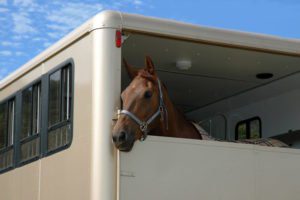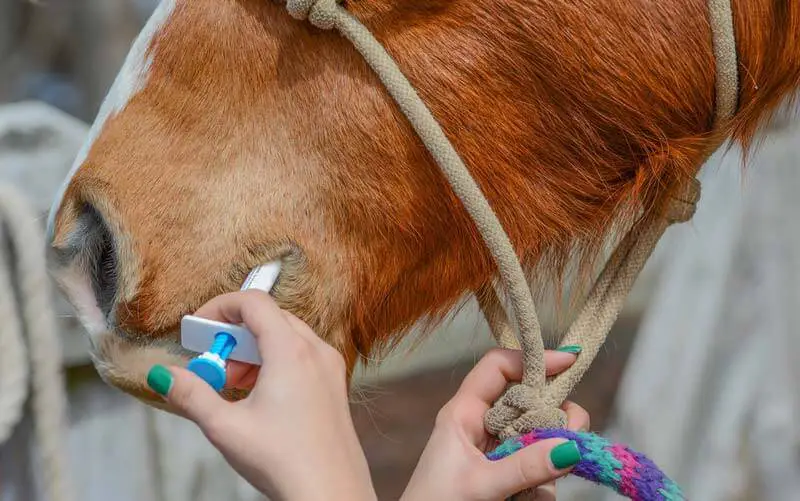
Travel sickness, or pleuropneumonia, is a dangerous health risk to your horse when travelling over long distances. If you’re hitting the road this Summer, it’s critical that you understand what travel sickness is and how it can be avoided.
Pleuropneumonia, also known as travel sickness or shipping fever, was first encountered in the early 20th Century when horses were transported during the Boer and First World Wars. Today, horses are routinely transported via road, sea and air over long distances.
However, the risks of travel sickness remain, even when travelling shorter distances this show season if not carefully avoided. So, let’s first understand what causes travel sickness.
In a normal, healthy horse, the upper respiratory tract houses important defence mechanisms that protect against bacteria entering the lower airways. If not prevented, bacteria may colonise the upper respiratory tract, slowing the clearance of mucus and debris from the lungs.
Typically, when travelling in a horse float, your horse’s head is elevated above the normal standing position for an extended period of time, which puts them at risk of travel sickness, particularly on journeys that are longer than six hours.
The simplest and most effective way to avoid travel sickness is by allowing your horse to move their head freely during transit. However, there are a number of other easy actions you can take to prevent it, including:
- Place feed, hay and water at a safe, low height when in transit
- Offer hay and water to your horse during rest stops every 2-3 hours
- Soak hay for 5-10 minutes prior to hanging to reduce harmful dust
- Restrict strenuous exercise and other forms of stress following long trips
- Give your horse plenty of lead rope, so they can lower their head easily
- Keep your horse hydrated during and following transport
Also, be sure to take your horse’s rectal temperature twice daily for two days before a long trip and twice daily for one week afterwards, as one of the first signs of travel sickness is an increase in temperature. You should also be familiar with your horse’s normal vital signs.



